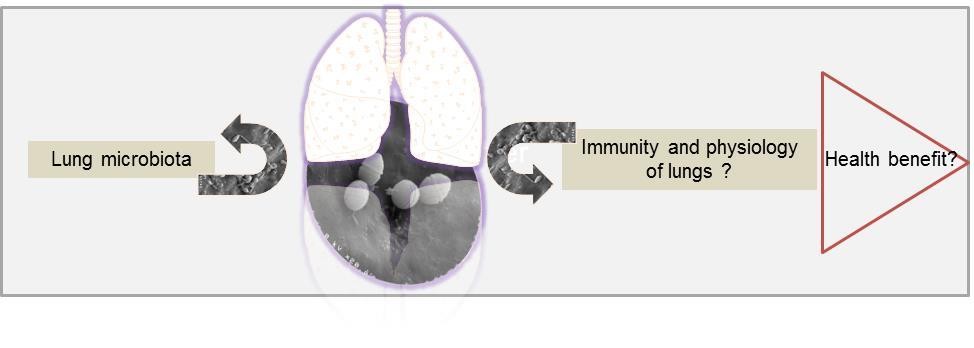
Muriel Thomas
INRA, Micalis Institute, France
Title: Microbiota of lung: Still an exploited source of probiotics?
Biography
Biography: Muriel Thomas
Abstract
Statement of the Problem: The health is mainly influenced by the constant and dynamic cross talk required between microbiota and host. This paradigm is especially highlighted by the symbiosis existing between intestinal microbes and the gut. It is now proposed that keystone intestinal strains could be used as probiotics. As an example, Faecalibacterium prausnitzii, which is a major constituent of the intestinal human microbiota, is a promising candidate to develop prophylactic or therapeutic applications in human health. Thus, the characterization of several microbial communities from our body may help us to identify new bacterial species with beneficial effects on human health. We postulate that microbes with a high tropism for lungs may be new probiotics modulating the respiratory health. The purpose of this study was to isolate, screen and characterize new beneficial microbes isolated from lungs.
Methodology & Framework: Primo-colonizing strains were isolated from neonatal lungs of mice. These strains were screened for their immuno-regulatory properties after being co-incubated with axenic lung slices. The protective potential of selected strains towards HDM (House Dust Mite) allergic asthma was tested in mice.
Results: Viable bacteria (Staphylococcus, Streptococcus, Enterococcus, Listeria, Lactobacillus, Escherichia coli, Proteus mirabilis) were isolated from the lungs of mice three days after birth. One of strains (CNCM I 4969) stimulated the secretion of IL-12p70 and decreased the basal level of TSLP after 24 h of co-culture with slices of germ free lungs. CNCM I 4969 displayed also protective effects against HDM asthma in young mice.
Conclusion & Significance: We confirm that appropriate bacterial lung stimuli during early life are critical for susceptibility to HDM allergic asthma in young adults. We design a functional and efficient framework to screen lung microbes with beneficial effects in respiratory health.


